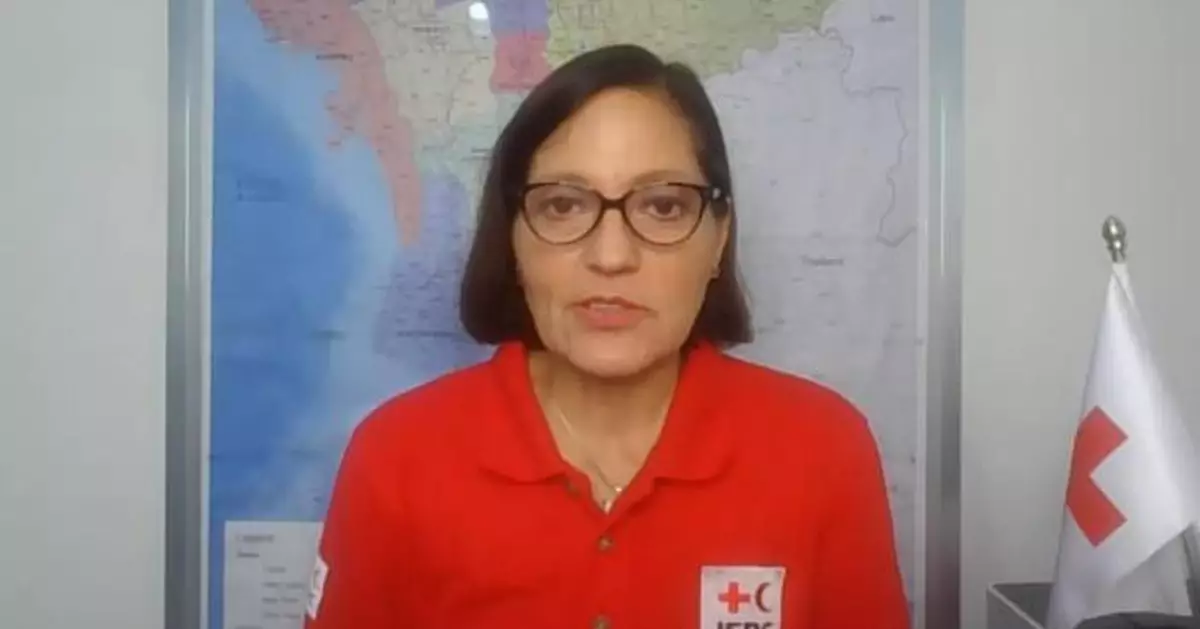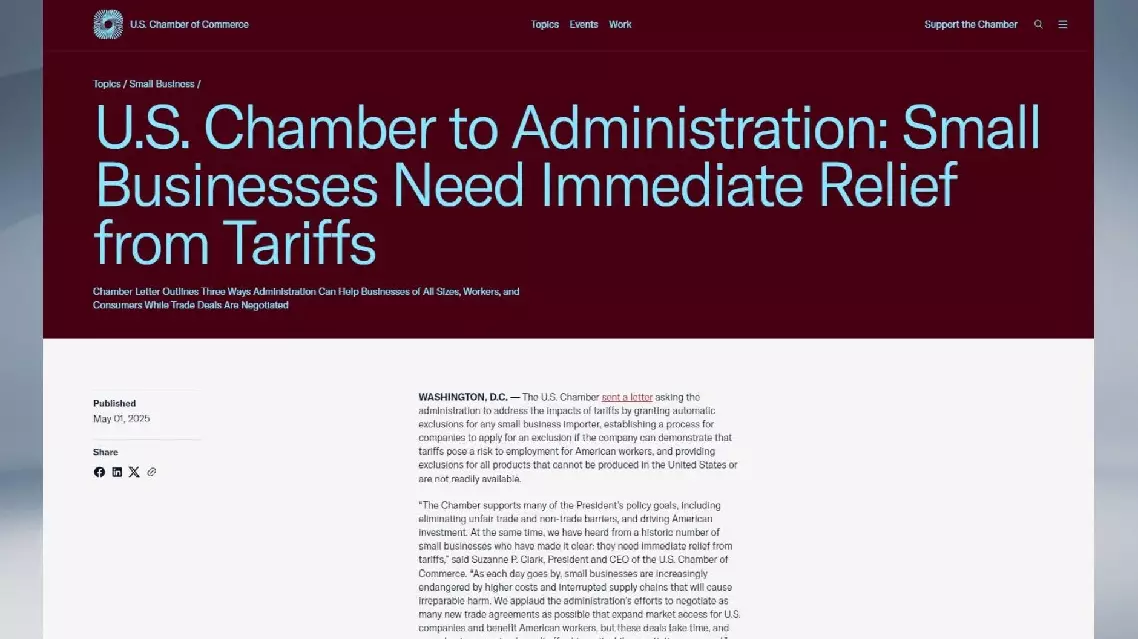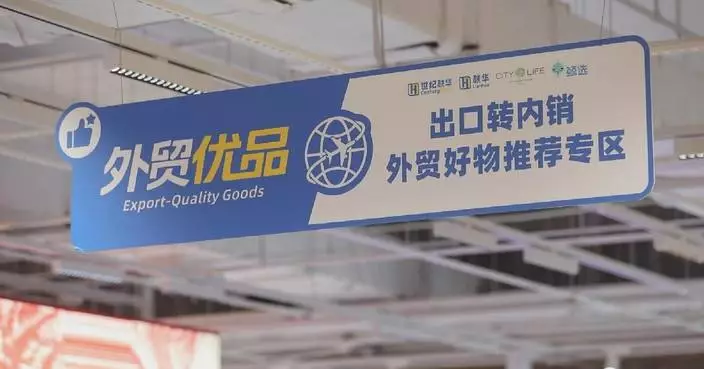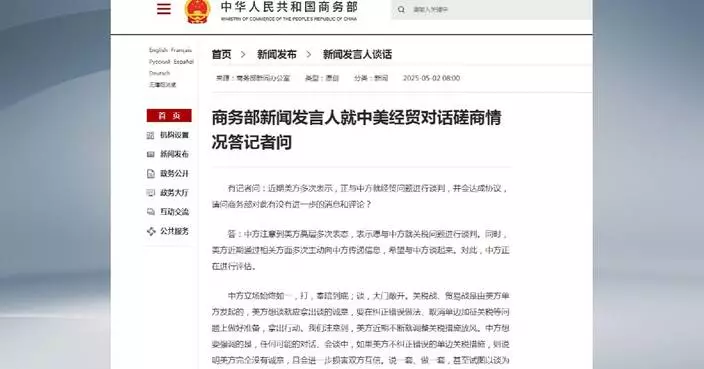Rescue and relief work remains ongoing following the deadly 7.9-magnitude earthquake in Myanmar, with the focus now shifting to long-term recovery, said an official with the International Federation of Red Cross and Red Crescent Societies (IFRC).
The earthquake struck Myanmar at 12:51 local time on March 28.
In an interview with China Media Group (CMG) on Wednesday, Marie Manrique, the Myanmar program coordinator for the IFRC, said relief work is still going on, although the progress was hindered by the aftershocks.
"We're quite concerned because there have been over 400 aftershocks since the earthquake two weeks ago. This has meant that many communities still feel unsafe to enter into buildings, even though buildings might be structurally sound. There's this fear, this emotional impact of what that means. So we as the Red Cross are working together with the Myanmar Red Cross society to actually make sure, working with community sounds like more social support when we're doing the other general health support, so that means health services as well as water and sanitation," she said.
Manrique said the current major concern of the IFRC is the funding for their long-term recovery plan.
"I'd like to share one of the things that we're quite concerned about in the International Federation of Red Cross and Red Crescent Societies is we've launched an emergency appeal for 100 million Swiss francs, that's about 113,000,000 U.S. dollars. As of today, it's only 10 percent funded. We're quite concerned because this is a long term recovery plan. It's focused on emergency response as well as the recovery itself. We encourage governments to actually support this appeal. We have people that are local actors on the ground and we really hope that we can encourage more donations to this emergency appeal," she said.
The program director also expressed her gratitude for the support from the international community, stressing that more help is still needed.
"The Asian Pacific countries have actually been extremely rapid and showing great deal of support for their neighboring country of Myanmar. The ASEAN countries were the first countries as well as China that were on the ground supporting emergency response. The first Red Cross from another country that arrived was actually the Chinese Red Cross that came with water units, has been doing relief, distribution, shelter. This is something that we see is going to happen more and more, that the local, I would say, the neighboring countries, are going to have more of a response. We're very thankful to the ASEAN countries as well as the East Asian countries, but we need to make sure that we can actually scale this up. We need more support for the long term," Manrique said.
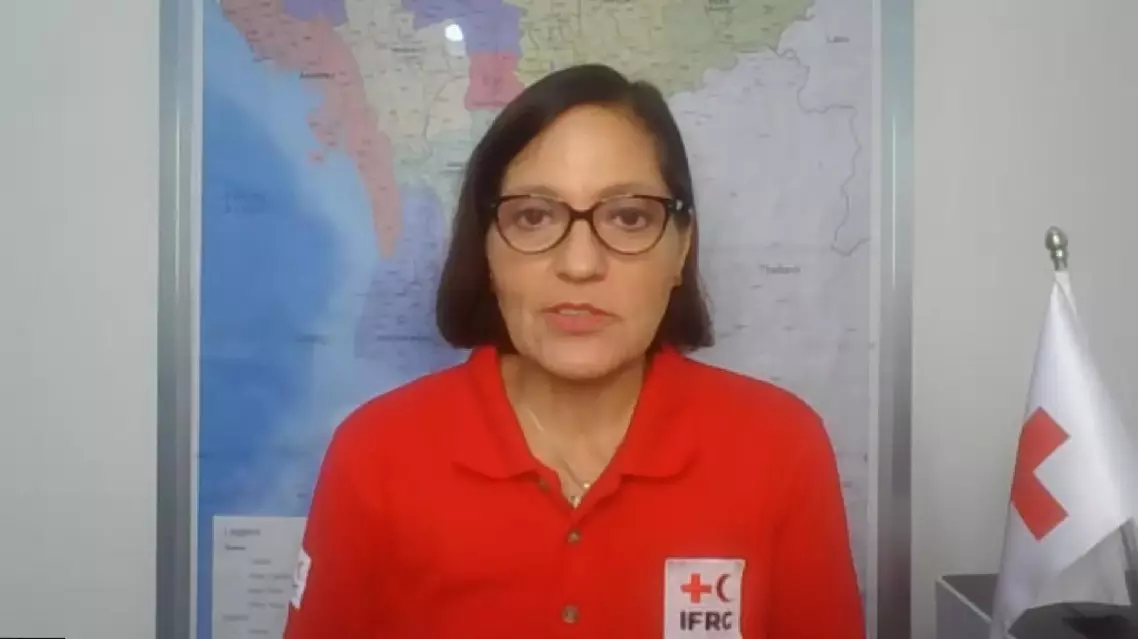
Relief work to shift to long-term recovery in Myanmar: IFRC Myanmar coordinator


